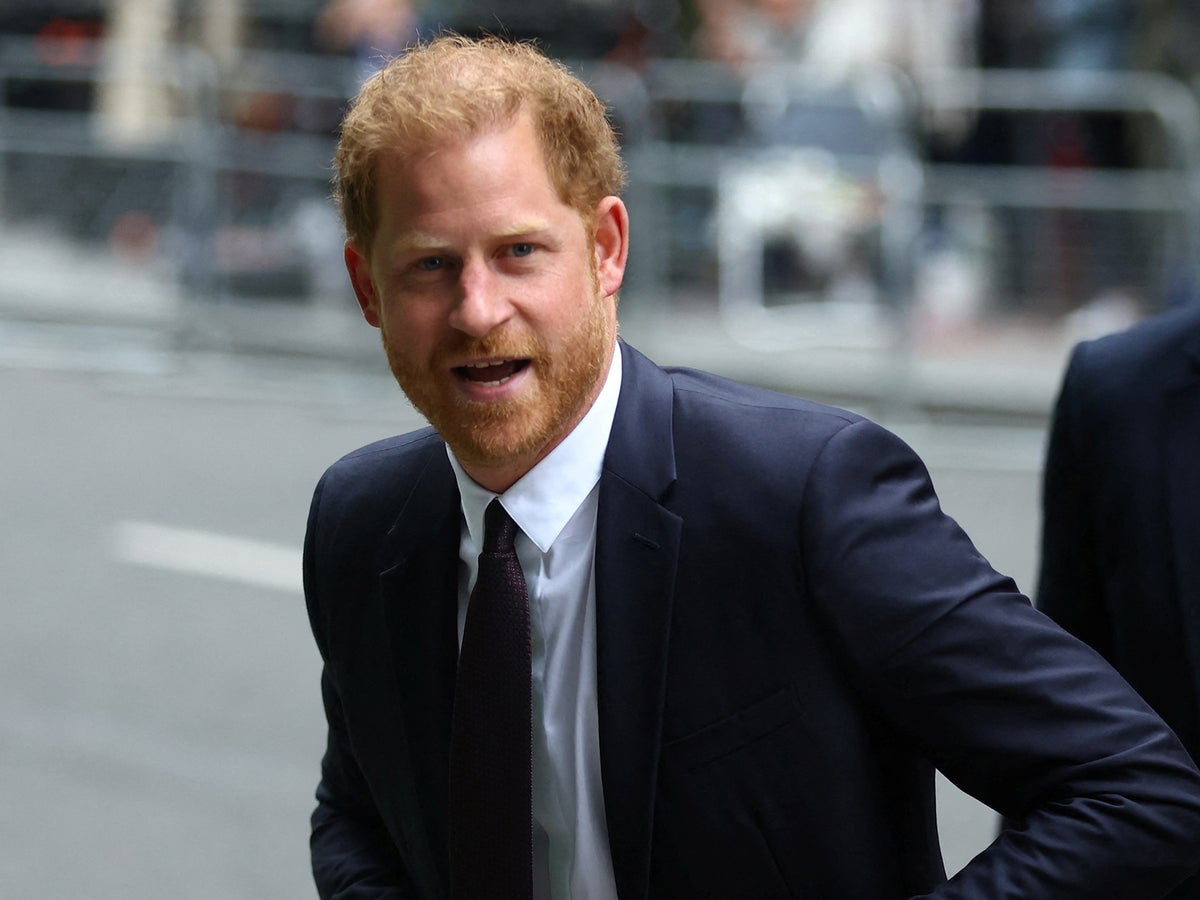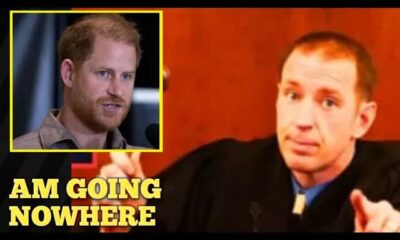The News
Prince Harry’s Memoir Sparks Visa Controversy: Truth or Deception?
In a courtroom drama that has captivated the public, Prince Harry's memoir, “Spare,” has become a focal point in a legal battle over his U.S. visa status.
The Biden administration has asserted that Harry's admissions about past drug use in his book cannot be taken as definitive evidence of illegal behavior.
This revelation came during a court hearing where officials from the Department of Homeland Security, represented by lawyer John Bardo, argued that mere statements in a memoir do not constitute sworn testimony.
Bardo's remarks were particularly pointed, suggesting that Harry's confessions could have been exaggerated for the sake of selling more books.
This perspective aligns with the ongoing scrutiny from the Heritage Foundation, a conservative think tank that has been pushing for access to the Duke's visa application.
They believe that Harry's candid revelations about substance use should have barred him from entering the United States.
The crux of the matter lies in whether Harry was truthful in his visa application.
The Heritage Foundation posits that either he misrepresented himself or received preferential treatment, allowing him to reside in the U.S. despite potential discrepancies in his past.
Their lawsuit against the DHS underscores what they deem a significant public interest in the case, especially given Harry's high-profile status.
Adding to the intrigue, Richard Eden recently highlighted on social media that Penguin Random House, Harry's publisher, stands by the authenticity of his memoir.
This has created an ironic tension between the claims made in the book and the arguments presented in court.
While the publisher insists that “Spare” is a work of sincere honesty, the Biden administration's stance raises questions about the legitimacy of those claims.
In 2022, Penguin Random House had characterized “Spare” as a deeply personal narrative, emphasizing its raw honesty and emotional depth.
They painted it as a reflection on love and grief, capturing poignant moments from Harry's life.
Yet, this portrayal seems at odds with the current legal implications surrounding his admissions of drug use.
Moreover, Harry himself has described “Spare” as a work marked by unflinching honesty on his official website.
This begs the question: will the publisher reconsider their assertions in light of the legal challenges facing Harry?
The stakes are high, and the implications for his visa status are serious.
Speculation abounds regarding the nature of Harry's visa.
Some suggest he may have initially entered the U.S. under a diplomatic visa, which could pose complications post-Megxit.
Others speculate he might hold an O-1 visa, designated for individuals with extraordinary abilities, raising further questions about how such a status was expedited.
There are also concerns that Harry may have overstayed his welcome initially, relying solely on his passport before any corrections were made.
It appears that there may have been a failure in oversight between various government departments, leading to this tangled web of visa issues.
Even if one were to accept that Harry's claims in “Spare” are misleading, his public discussions about psychedelics complicate matters further.
Harry has openly stated that these substances play a significant role in his daily life, which could impact the validity of his visa depending on when this practice began.
The situation paints a picture of a government possibly supporting Harry amid allegations of dishonesty.
As this story unfolds, the intersection of celebrity, legality, and public interest continues to capture the imagination of many.
The outcome could set precedents not only for Harry but for how similar cases are handled in the future.




































































